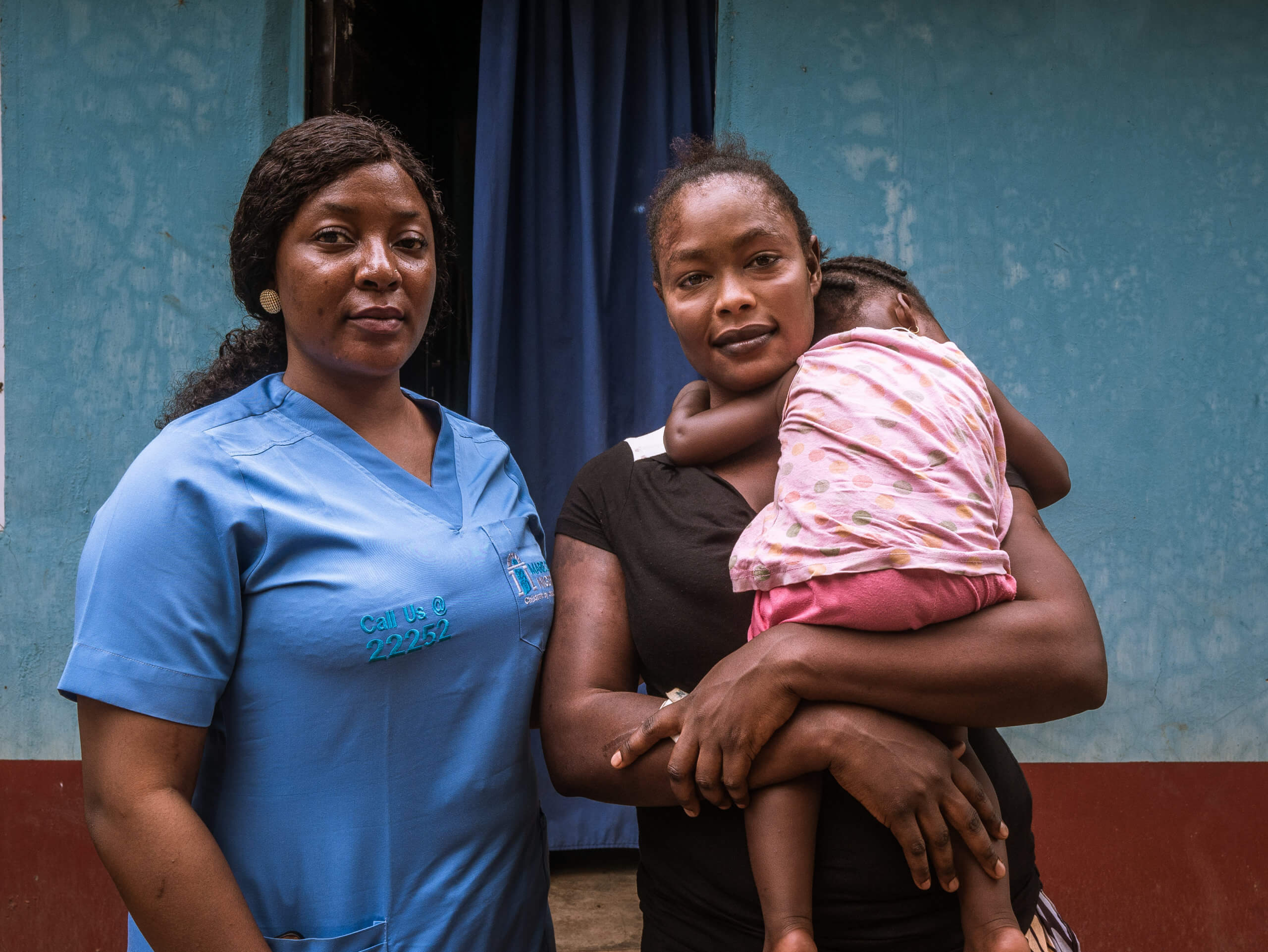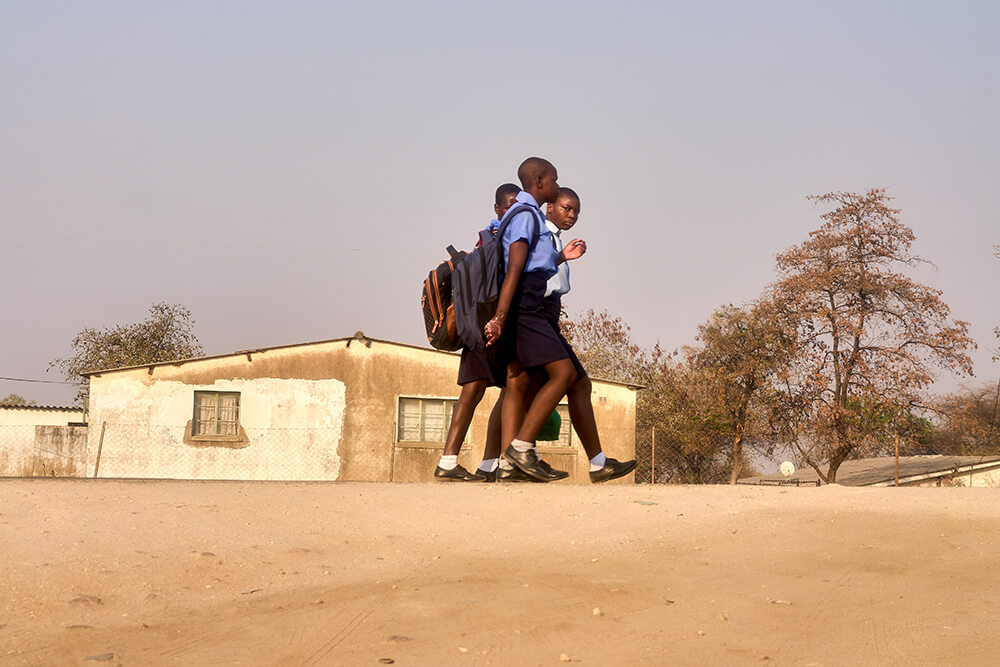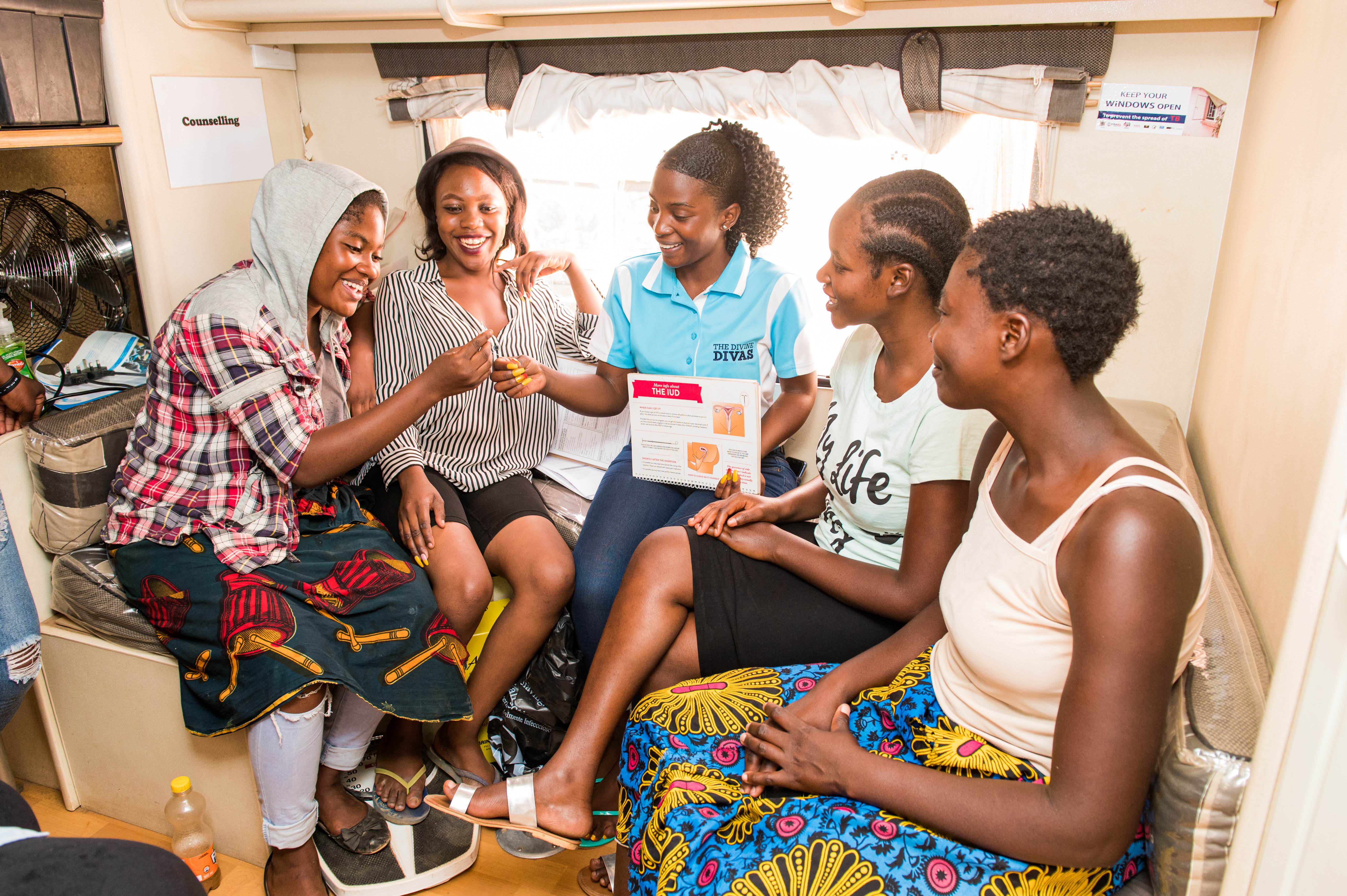How Universal Health Care can reduce unsafe abortion
Today alone, 96,000 women worldwide will undergo an unsafe abortion. That’s 96,000 women putting their lives and health at risk because they don’t have access to safe services. But there’s a solution and they’ve put it into practice in Nepal: Expanding access to safe abortion through universal health care.
Nepal legalized abortion in 2002—but unsafe abortion remained widespread. Then, in 2015, they passed universal health care and added safe abortion care to the package of covered services. Immediately things started to change.
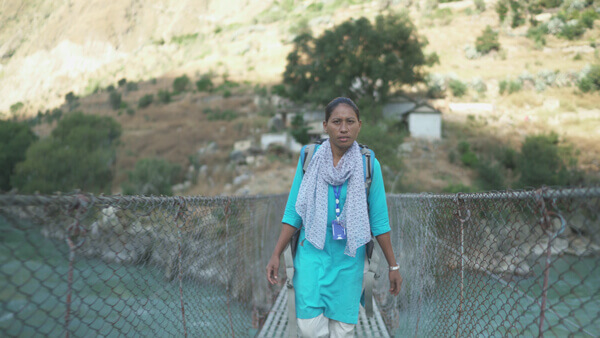
The urgent need for safe abortion care in Nepal
In Nepal today, an estimated 7% of pregnancy-related deaths are due to complications from unsafe abortion, and 58% of abortions take place outside of legal facilities.
To reduce death and injury from unsafe abortion, the Nepali government included safe abortion on its list of essential health services. That means that safe abortion care is now available, free of charge, at all public health facilities. Treatment for complications after unsafe abortions is also covered.
As a result, between 2011 and 2016, the number of people who know they can access safe abortion at a government health facility has increased from 71.4% to 79%.
Even with these advances, there is still much to be done. Safe abortion care remains out of reach for many women. The policy only covers services in public health facilities – and in mountainous, sparsely populated Nepal, the nearest public facility is often a lengthy trek away.
Women can turn to private and non-profit providers like MSI Nepal, but due to budget constraints, services in private facilities are still not free of charge. The costs continue to drive women to unsafe abortion.
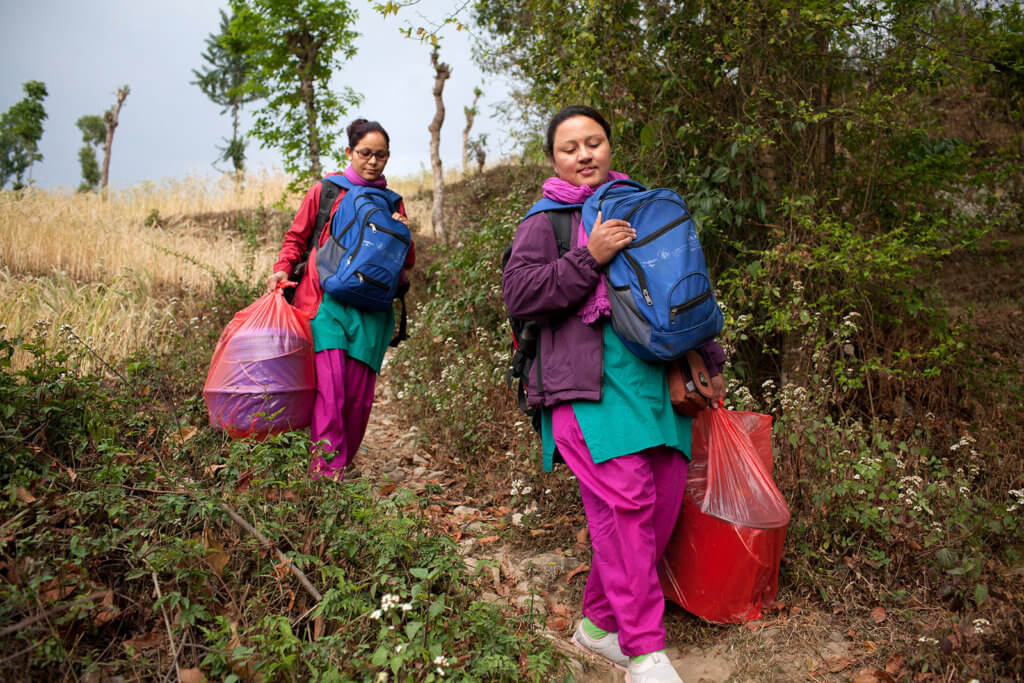
Partnering with government to expand safe abortion access
Since the reforms, Nepal has seen growth in the use of government facilities for abortion care and increased abortion safety. But for the women who depend on private facilities, MSI Nepal is working with the government to expand coverage to include non-governmental services too.
There’s more work to do to make safe abortion accessible to all in Nepal. Most people still don’t know that abortion is legal, so MSI Nepal supports a popular radio show that educates listeners on reproductive health, including safe abortion. When the COVID-19 pandemic threatened clinic access, MSI Nepal worked with the government to allow women to access medical abortion at home.
At MSI, we believe everyone should have access to reproductive healthcare. Including safe abortion as part of universal health care gives more women control of their bodies and futures. We’ll continue working with governments to make choice possible for women everywhere.



